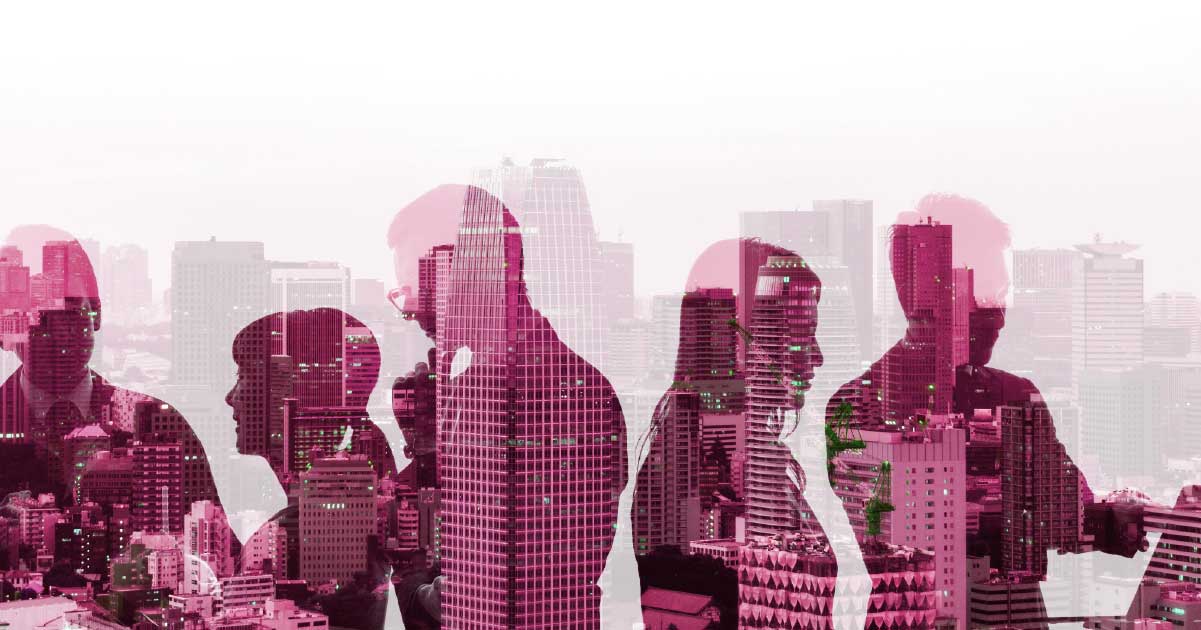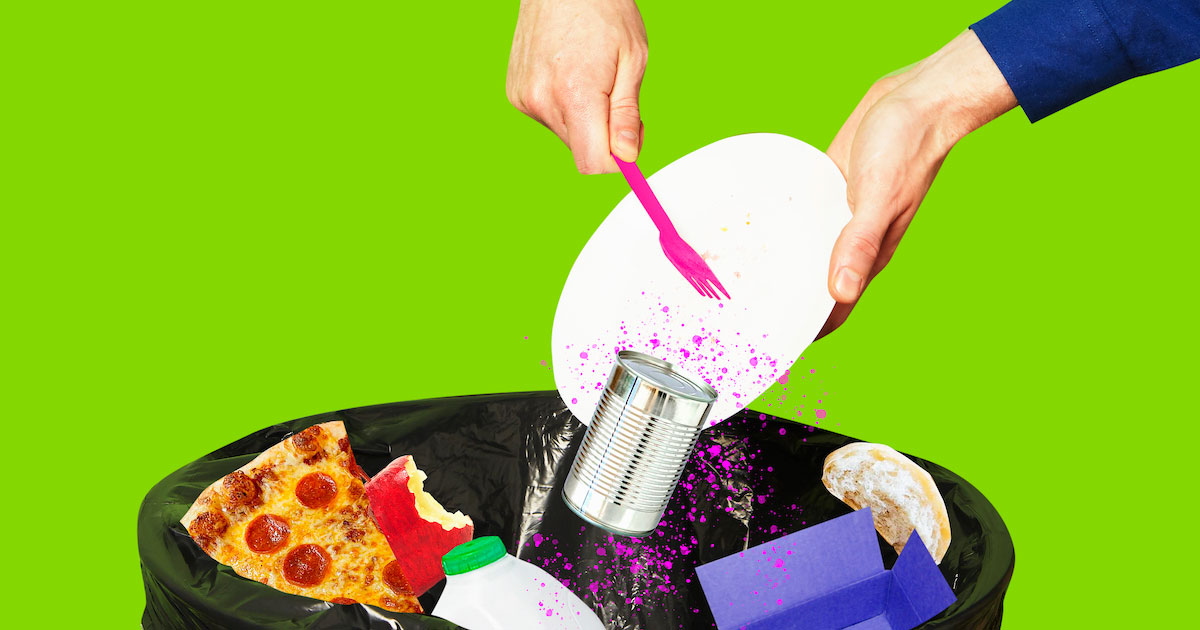Here, in part three of our annual “State of the Industry” report, a cross section of MPI members discuss pain points, diversity and inclusion, business continuity and passion for events. You can also read the full report in the May issue of The Meeting Professional.
A huge thanks to these MPI members for taking the time to share their insights:
-Jim Clapes, events manager, Specialty Food Association (MPI Greater New York Chapter)
-Brad Dean, CEO, Discover Puerto Rico (MPI South Florida Chapter)
-Mahoganey Jones, CMP, DES, HMCC, national corporate sales manager, Halifax Convention Centre (MPI Toronto Chapter)
-Tracy Judge, MS, CMP, founder and chief connector, Soundings Connect (MPI International Board of Directors)
-Elaine Morena, regional vice president - Northeast, Associated Luxury Hotels International (MPI Greater New York Chapter)
-Gérard Réus, CED, DES, SEPC, CEO, REUS Event Design (MPI France-Switzerland Chapter)
-Pawntra Shadab, CTA, VP of events and marketing, Elite Productions International (MPI Orange County Chapter)
-Brent Taylor, CMP, DES, CMM, president, Timewise Event Management Inc. (MPI International Board of Directors)
-Michel Wohlmuth, executive director, Creatividad (MPI Latin American Advisory Council)
What is your greatest professional pain point in 2020?
“The coronavirus has definitely been a pain point for 2020. What started off as a busy year filled with meetings and events has taken a bit of a pause as we look at cancellations and postponements for our client events. It’s also hard to see industry friends who have lost their jobs as a result of this crisis. Silver lining? Seeing our community come together to support one another, new business models being formed and a new surge of energy that will propel us to some amazing things in the near future.” -Pawntra Shadab
“I’m challenging myself to support others by sharing my experience. It has been overwhelming answering the questions and meeting with colleagues who now have to consider virtual options, are facing 100 percent loss in business revenue, have been laid off and/or are stressed with what’s next.” -Mahoganey Jones
“Staying relevant. It’s all about being able to adapt to the current needs of the marketplace. There is this push-and-pull of wanting to deliver a product, service or experience that is perfect, and yet if we wait for perfection, we could end up being behind the curve. Details matter. It is so important to pay attention to what is happening now and also to look beyond that to what people really want and need. The challenge we face is to be both present and forward thinking. That feels very real for me as the world is rapidly changing.” -Elaine Morena
“Stress is our greatest pain point in 2020. We have given little consideration to the possibility that a wide-scale shutdown at this level was even possible. We agree that we work in one of the most stressful careers, but this pandemic is a real test. How does our company of 21 years survive with no revenue for the next four to six months? When will our industry begin to roll again and how will doing business have changed?” -Brent Taylor
“We agree that we work in one of the most stressful careers, but this pandemic is a real test.”
“Seeing the impact that COVID-19 is having on the tourism industry, which I hold so near and dear to me, is painful. However, it is undoubtable that we will make it through this together by supporting local partners, keeping ourselves and others safe and doing our part to ensure we are prepared for the ‘new normal.’” -Brad Dean
“It has been a complicated start to the year for the world. In one way or another, it has impacted society, families and each one of us.
“First, we had the U.S. crisis with Iran. In Mexico, we have our constant crisis with our president and his policies. And now, the coronavirus crisis, along with the oil crisis. Those together are generating a devaluation of our currency and, of course, a financial crisis.” -Michel Wohlmuth
“My greatest professional pain point in 2020 has been remaining a visionary leader when there is so much uncertainty about the future of hospitality and events.
“We’re experiencing something we’ve never been through before and we are learning together how to navigate through this. While a lot of our predecessors and mentors have been through various downturns and changes in our industry, there hasn’t been anything like this. It’s unprecedented.
“For all of us, this is an opportunity to come together. We’re not going to solve new problems with old answers. Diversity of thought has never been as important as it is now. We need to encourage people to step up to the plate and create the space for their voices to be heard. One of Soundings Connect’s core values is diversity of thought, as it is the main ingredient in innovation.” -Tracy Judge
How will diversity and inclusion evolve over the next few years in the event space?
“Diversity of thought will come to the forefront of diversity and inclusion programs. 2020 has brought us unprecedented times that require innovative solutions. One thing that is often forgotten during D&I conversations is that diversity of thought drives innovation.
“A focus on unconscious bias will become the entry point for D&I programs. We all have biases that can influence our attitudes and decisions, and as we become more aware of the underlying forces that inform our behaviors, we can begin to reflect on how we can do better. Simply by becoming aware of our biases, we can become more proactive about ensuring everyone is included and their voices are being heard.” -Tracy Judge
“Promoting and supporting diversity and inclusion is an important aspect of proper people management in the meeting industry or in any other industry. A good policy brings a financial benefit but many advantages like encouraging better thought processes, ensuring greater staff retention, generating greater productivity or building qualitative customer relationships. In France, the meeting industry promotes the ISO 20121 standard, the universal tool for formalization, engagement, management and recognition of corporate social responsibility.” -Gérard Réus
“We are seeing diversity and inclusion to be more than a discussion about race. It is focused on being collaborative and looking at how age, size, ethnicity and culture all play a factor in designing event experiences.” -Mahoganey Jones
Coronavirus Resources: FREE Education from the MPI Academy
“Being an island that naturally celebrates our diverse background of Taino Indian, African and Spanish heritages, this is certainly an area that we hope to see grow in the future. There’s plenty of data that demonstrates the wonderful impact diversity brings and we certainly see the future of this segment leaning into diversity to fuel growth, different ways of thinking and celebrating one another. Celebrating our differences, after all, is a critical part of travel and experiencing new things.” -Brad Dean
“I’m looking forward to seeing diversity and inclusion evolve in the event space in the next few years. I’m already seeing a shift as more people are becoming educated on the importance of this topic. Larger companies are implementing best practices within their organizations, and I’m proud to be a part of the initiate with MPI as we look to educate our leaders so they can share these tools and resources with not only their chapters but their own clients and companies.” -Pawntra Shadab
“We have started to see progress on diversity and inclusion at events and there is still opportunity for this to evolve further. As an industry we want to ensure all backgrounds feel welcome and comfortable, and that their voices are heard. What’s also important is creating an environment where everyone feels they can truly bring their authentic self to their work and events.
“One of the things I would like to see is more women and underrepresented groups speaking at major conferences and events. Equality and increased exposure on stage will help us combat unconscious bias and counter any stereotypes. To accomplish this, we need to create a pipeline of younger, less-experienced speakers and give them the opportunity to practice and grow. We can start helping build speaker resumes and experiences by having them participate with panels, fireside chats, roundtables, etc.” -Elaine Morena
What best practice helps you maintain business continuity in the wake of ongoing economic uncertainty?
“Setting a solid foundation for the future amid economic uncertainty is one of the most important methods of paving the way for business continuity. By ensuring your destination or business remains top-of-mind for future travelers, it is likely that those visitors will gravitate to what has been in front of them, and it allows for a personal connection. Investing in ways to highlight what makes your destination or business unique is important during a time where we are also very ‘plugged in.’” -Brad Dean
“I have a high tolerance for risk and thrive outside of my comfort zone. Despite that, one thing that has always been important to me is building a company responsibly to protect the livelihood of my team. I leverage freelance experts and other small businesses regularly, which creates win-wins and diversity of thought.
“Staying lean also gives me the opportunity to ensure I have reserves to keep my people afloat when unexpected shifts happen. It also gives us the ability to pivot quickly. For instance, when meetings started going virtual, we were easily able to pivot into the virtual event space because of the diversely skilled freelance talent in our network.” -Tracy Judge
“The ability to pivot and collaborate quickly with others in the industry.” -Mahoganey Jones
“It is important for businesses to periodically take time to assess their operations and to streamline. The benefit of our current shutdown is that we have been forced to look at ways to reduce our overhead and strategically plan for the future. Our business will come out of this stronger and looking very different from before.” -Brent Taylor
“Home office. Follow up. Collaboration. Communication.” -Michel Wohlmuth
This industry is stressful, and only getting more so. Why are you still passionate about being involved?
“I love events and our community of people who make events happen. I am tapped into a global industry that moves our economies and human relationships forward. Without meetings and events, nothing happens. That being said, sometimes I do question my sanity.” -Brent Taylor
“I love this industry. I always have, since I watched the television show Hotel when I was growing up. (If I haven’t already dated myself by my number of years in the industry, this show absolutely will!). The whole idea that we create and deliver experiences that motivate, inspire, instill loyalty and transform is so powerful. We are a part of that, and it is incredible.” -Elaine Morena
“I not only believe in the possibility of having a better world, but I also work [for] it. And volunteering at MPI is one way to do it. I am passionate about doing events, I love doing events, and I have done it for 29 years. As long as I am healthy, I will continue doing it. I am convinced that those of us who organize events are dementes (locos)!” -Michel Wohlmuth
“I am convinced that those of us who organize events are dementes (locos)!”
“I have made it a priority in my career to coach event professionals in order for them to work in the most creative, efficient and sustainable way. I offer accompanying and training services to companies, brands and destinations willing to become more flexible and innovative, and also cope with continuous change. In order to make it come true, I was entirely devoted to methodology building, tools and skills development.” -Gérard Réus
“I love the collaboration, the friendships and, truth be told, being able to produce something great from what can a lot of times feel like chaos! I love the creativity and the human need for experiences.” -Mahoganey Jones
“For me, the passion I have for this industry surpasses the stress. It constantly keeps my mind thinking. I enjoy challenging my left and right brain, merging creativity with logistics. It’s exciting and inspiring. I can’t imagine doing anything else.” -Pawntra Shadab







